The project
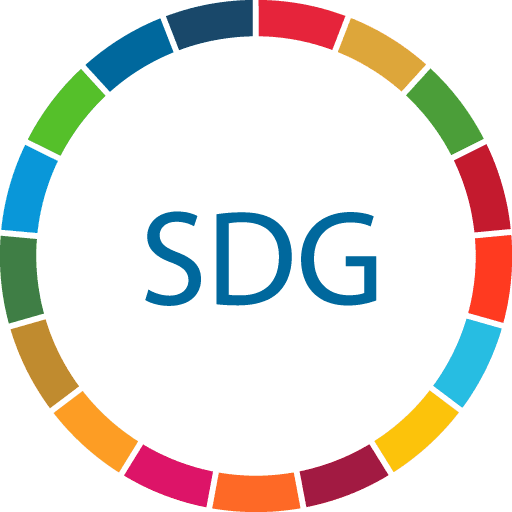
The Tour4Blue project was among the winners of the “Call for Innovation – Sport in the blue economy” launched by the Municipality of Genoa, Blue District, Ocean Race and Job Centre with the support of Fondazione Compagnia di San Paolo, in the field of wellbeing, accessibility and usability. Tour4Blue aims to give visibility to a tourist and sports offer that is committed to and aligned with the Sustainable ù Development Goals to experience the sea, the coast and sports activities in a sustainable and responsible way.


Technical support
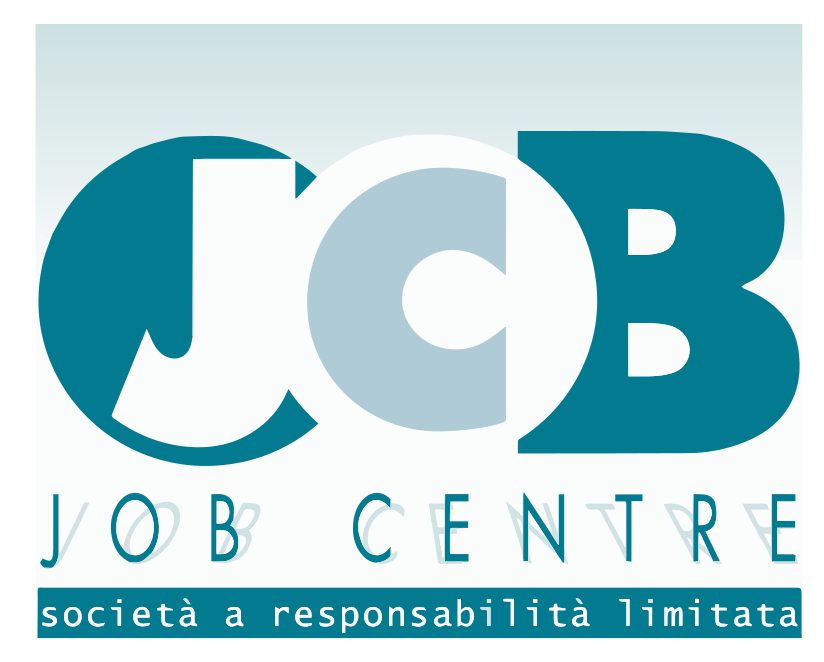
Supported by
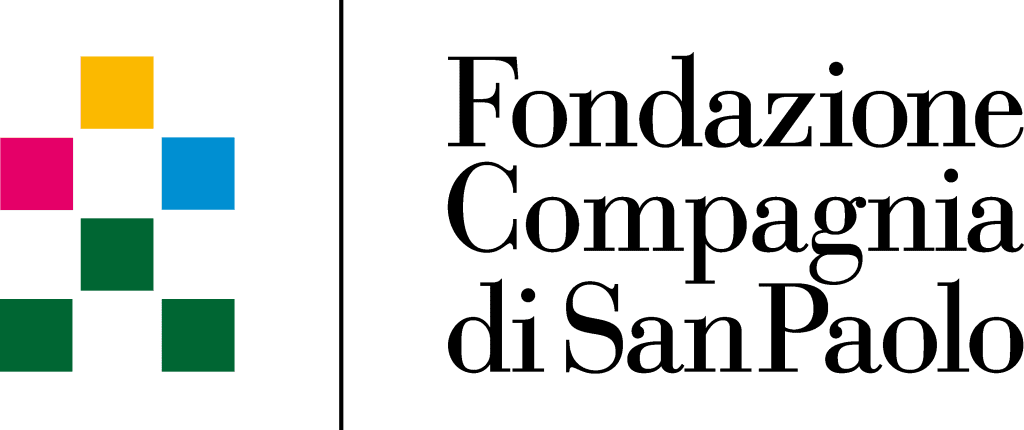
Sustainability
Innovation
Participation
Increasing the awareness and participation of all stakeholders on the issues of sustainable development.

The companies that have joined the TOUR4BLUE project have followed a path of self-assessment of sustainability supervised by Moebeus Benefit Company with the help of their BeCircular® software and divided into 3 steps
1.
Through a questionnaire, good sustainability practices were collected,
divided into 9 categories of analysis.
The good sustainability practices questionnaire represents an effective way to analyse business processes with a qualitative approach through categories of analysis used to evaluate the sustainability of a company expressed through the 3 dimensions of ESG (Environmental, Social,
Governance).
The categories of analysis are:
- Social ethics
- Training/education
- Sustainable business management
- Attention to the environment
- Energy savings
- Reduction of emissions
- Waste management
- Infrastructure/Sustainable transport
- Eco-sustainable product
2.
The BeCircular© tool has been used to obtain the order of importance of good practices and for the systemic analysis of the participating companies.
The BeCircular© tool, developed by Moebeus in collaboration with the Department of Information Engineering and Mathematical Sciences of the University of Siena, allows to identify the order of importance of good practices and, through systemic analysis, the interconnections between the 17 SDGs, that is, how individual good practices are distributed over multiple SDGs. All this allows us to obtain an important ranking of the SDGs through which to build the sustainability map.
3.
The sustainability map was created and shared with the individual companies to display the SDGs directly linked to the priority sustainability good practices and the SDGs resulting from the systemic analysis of BeCircular©.
The individual sustainability maps are shown on the pages dedicated to the participating companies.

Good sustainability practices have been identified by the Moebeus team as those concrete actions that have a direct or indirect alignment with the Sustainable Development Goals and that have already been highlighted in scientific reports or publications by the World Tourism Organisation, GRI (Global Reporting Initiative), UN Global Compact, World Business Council for Sustainable Development (WBCSD), Tourism for SDG, UNWTO, SDG Compass.

• Donations to charities or NGOs
• Partnerships with charities

• Activities aimed at reducing food waste

• Participation in inclusion and solidarity programmes
• Organisation of
solidarity projects
• Social projects for local communities

• Professional growth programmes for employees
• Staff training
• Educating/informing tourists and customers about environmental and social sustainability
• Outreach and/or sustainability training activities for
citizens

• Corporate welfare for employees

• Women-led business

• Use of ethical and sustainable suppliers
• Formally written code of ethics
• Periodic evaluation of company activities (products, processes
or technologies) to identify more environmentally friendly alternatives
(e.g. LCA, circular economy principles, eco-design, Cradle 2 Cradle approach, etc.)

• Use of local suppliers

• Transparent communication to environmental and social policy
stakeholders
• Ethical finance

• Reduction of water consumption (e.g. taps and toilets for saving water, rainwater collection, etc.)
• Water consumption monitoring

• Water quality protection (implementation of less polluting alternative
practices)
• Defined objectives to reduce water consumption

•Biodiversity support
• Regenerative agriculture Environmental
Management System (EMS)

• Control of energy consumption by means of special equipment (e.g. Energy Star, automatic stand-by, timer, presence sensors, etc.)
• Control of air conditioning energy consumption (e.g. programmable thermostat, presence sensors, windows with double glazing)

• At least 80% of the energy used in the company comes from
renewable sources

• Use of energy-efficient electrical equipment (e.g. LED lamps, dimmers,
etc.)

• Participation in programmes and/or projects promoting carbon footprint
reduction
• Emission offsetting actions
• Emission control and monitoring
• Defined emission reduction targets

• Responsible disposal of hazardous waste (e.g. batteries, paints, etc.)

• Recycling (paper, plastic, glass, composting)
• Use of packaging in
recycled/recyclable/reusable material
• Use/supply of bulk products
• Implementation of operational policies for the disposal of electrical and
electronic waste (RAEE)

• Electric car charging stations

• Corporate electric car
• Bike sharing service
• Car pooling service
•Implementation of green building principles
• Adherence to sustainable transport citizen projects

• Supplies in organic material

• Use of 0km materials

• Products made with waste or recycled materials
• Products made with
bio-based materials
• Products made to order
• The products are
accompanied by information material on their correct use, maintenance
and disposal
• Upcycling products

• Products not containing animal material (vegan)
